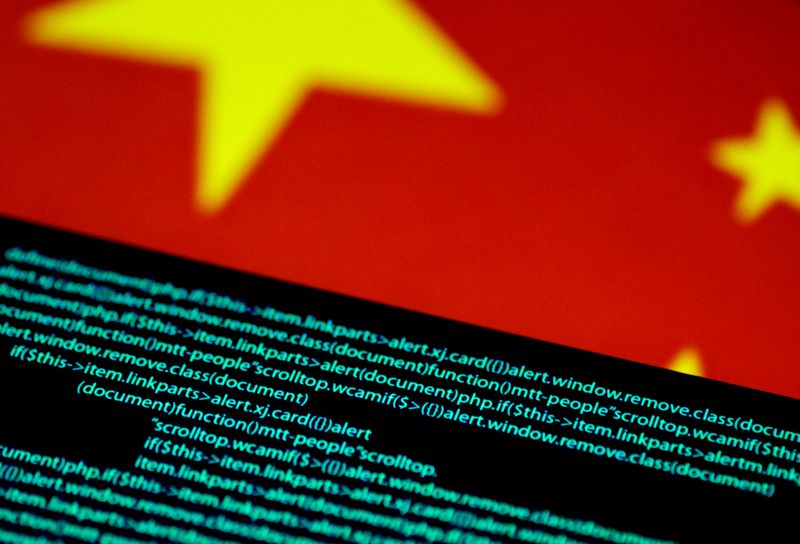BEIJING (Reuters) -China’s cyberspace watchdog and other government bodies will set up governance rules for algorithms in around three years, it said on Wednesday, as Beijing seeks to tighten its grip on the algorithms technology companies use to attract users.
The Cyberspace Administration of China (CAC) said in a statement that algorithms developed by technology firms should uphold core values of socialism and that enterprises should set systems for algorithm safety and responsibility.
CAC also said it would establish professional evaluation teams to deeply analyze the mechanism of the algorithm and algorithms should become “fair and transparent”.
It will “vigorously promote the research on algorithm innovations … and enhance the core competitiveness of China’s algorithms,” the regulator added.
Algorithms are widely used by tech companies in China, including recommendation algorithms used by Alibaba’s ecommerce marketplace Taobao, ByteDance’s short video app Douyin, Tencent-backed Kuaishou, as well delivery algorithms used by food delivery platforms Meituan and Alibaba-owned Ele.me.
In August, CAC issued sweeping draft guidelines to regulate algorithms that include proposals that companies should not set up algorithm models that entice users to spend large amounts of money and that users should be given the option to easily turn off algorithm recommendation services.
Algorithms have been in the crosshairs of regulators around the world. The White House has called on tech companies to tweak their algorithms to root out false information and has singled out Facebook, while the European Union has drafted rules that threaten fines on big tech firms if they do not do more to tackle illegal content.
(Reporting by Yingzhi Yang and Brenda Goh; editing by Mark Heinrich and Philippa Fletcher)























